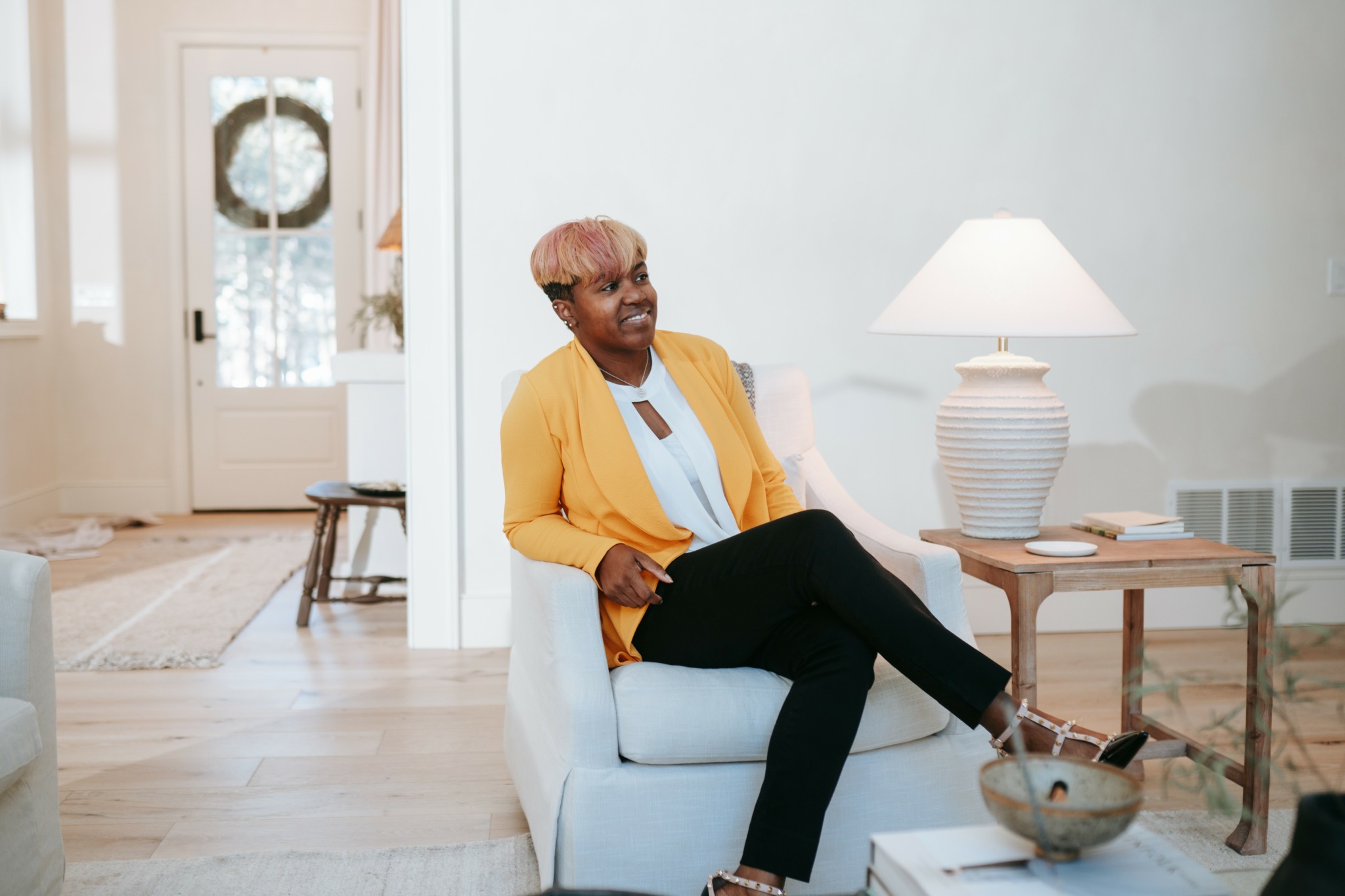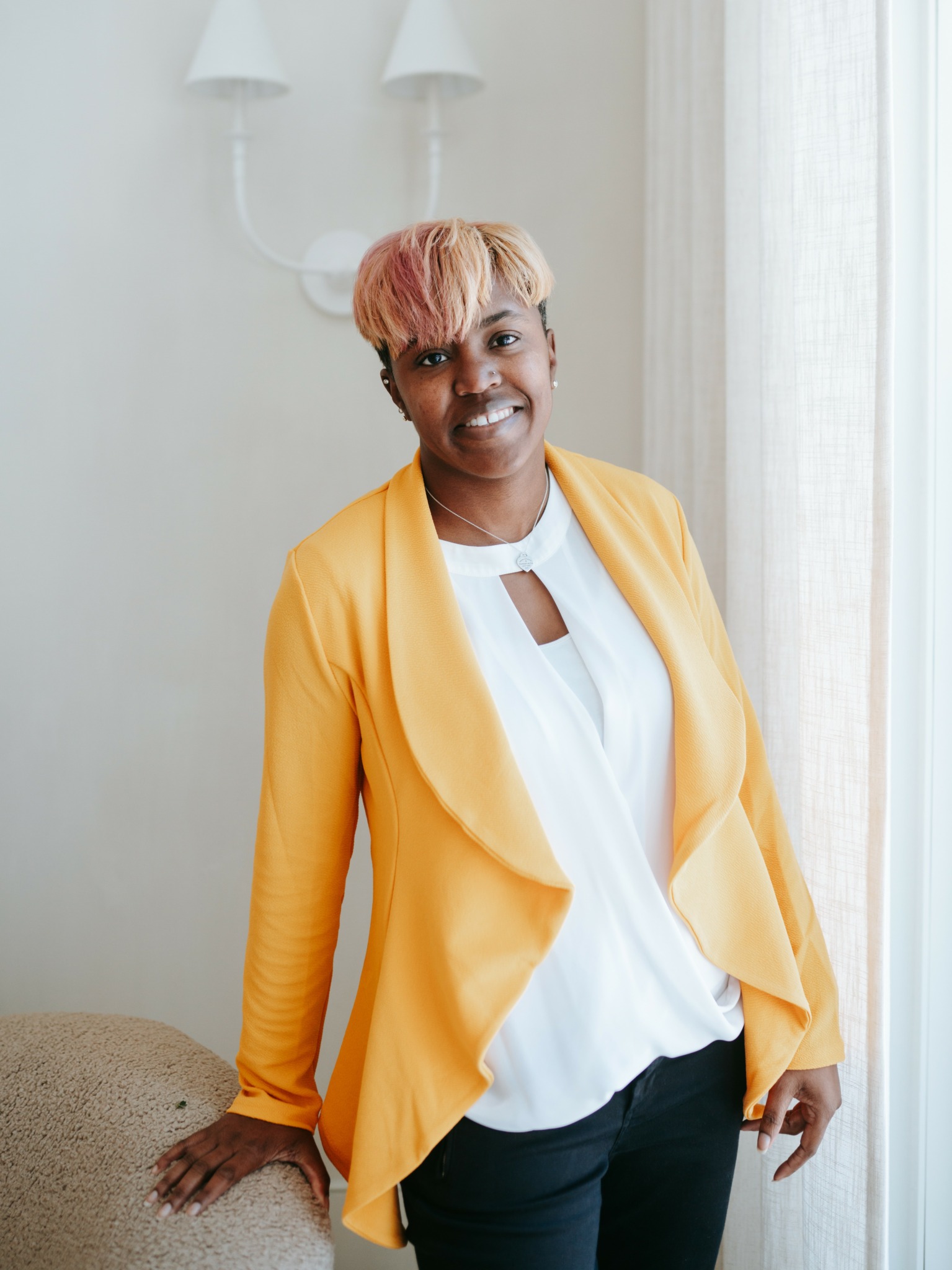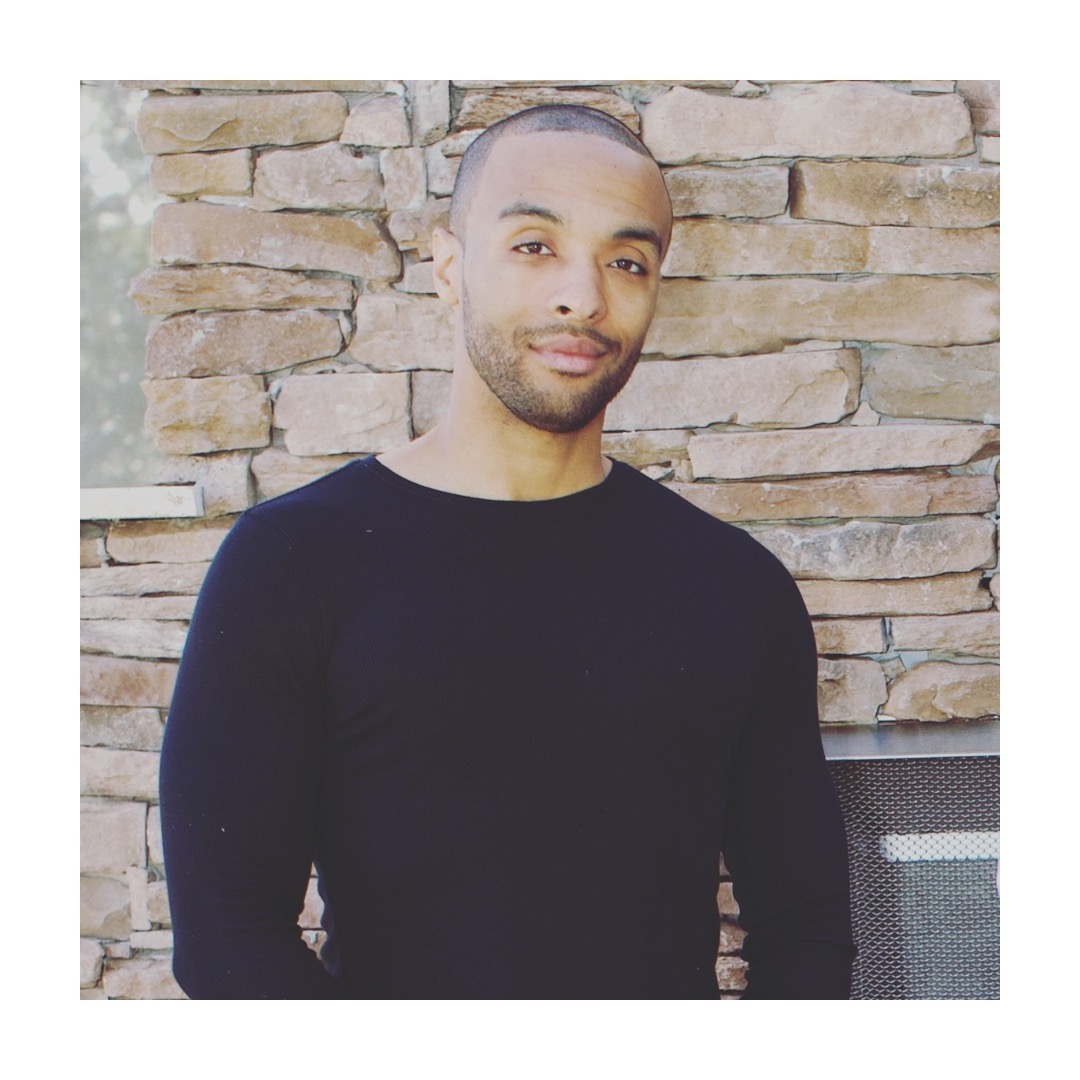Alright – so today we’ve got the honor of introducing you to Latoya Gaines-plunkett. We think you’ll enjoy our conversation, we’ve shared it below.
Hi LaToya , thanks for joining us today. Can you talk to us about serving the underserved.
My organization ensures that at least 10% of the caseload is made up of pro bono clients at all times. The amount should never be less and can always be more. The underserved are individuals who cannot afford quality mental health services. These individuals are usually referred to community mental health, which is where my career started. Therapists who are often well known for their quality service and are able to charge a higher rate are sometimes not available to provide services for those who cannot pay those higher rates. I ensure at my company that it remains that individuals that cannot afford to pay are still receiving high-quality counseling services.

Awesome – so before we get into the rest of our questions, can you briefly introduce yourself to our readers.
I am the owner and a provider at Co Counseling Group, LLC. We provide counseling services in Colorado, Texas, and Maine. I truly believe that my passion and calling is working in this particular field, and it fills my cup each day. I am able to be a listening ear or a sounding board for people who are trying to navigate the hard times in life.
I got into this field without realizing it was what I was called to do. Throughout most of my life, I believed I wanted to be a divorce attorney. I wanted to be able to help people, and as a young child of divorce, I thought I would be able to help children amid their parent’s divorce. I entered school as a pre-law major, and one of the prerequisite classes was a sociology class, Marriage and Family. On the first day of class, our professor warned that she does not give “A’s” and there is always room to improve. That is one of the few classes I passed during my first year of college and I received the coveted “A”. I was ultimately suspended from school after my first year, married, had my first child, and struggled financially for a while, but the memory of the sociology class I enjoyed remained in the back of my mind. After about two years I returned to school and pursued a career in psychology. I figured this was the best way to help others and serve others. I learned later from talking to my aunt, who was a social worker, that I thought more like a social worker and decided to pursue my master’s in social work so I would be able to work with and serve the underserved. During my time as a social worker I have worked with the military, the unhoused community, those struggling with addiction and mental illness, and the geriatric community.
I have learned new things at each stage of my career, but I knew my talent and ability would be better served by creating my own company. I noticed that many people did not see representation in their therapist, and those who could not afford therapy would struggle to find quality care. I decided to develop my own company so that individuals would see a counseling practice with individuals that they did not see often in the community. I also wanted to provide an opportunity for individuals who could not afford counseling to have access.
I am most proud of the fact that I know that I am providing access to quality care. I am proud that I am at a minimum demonstrating representation for marginalized communities. It is often hard for children to believe they can be something if they never see it. I would like young, poor, black girls recognize that you can own a business, you can help others along the way as well.

Let’s talk about resilience next – do you have a story you can share with us?
I am a military child who grew up initially in probably a lower middle class-middle class home that quickly turned into a low-income home when my parents were separated when I was eight years old and divorced when I was ten years old. I experienced poverty, witnessed domestic violence, experienced sexual abuse. I was kicked out of college and became a teen parent, and statistically, I should likely not carry the title of Doctor or business owner. The battle is not over until you decide you are done fitting. Otherwise, I encourage everyone to push. I do not credit my resilience to myself but to my faith and reliance on God through the hard and dark times. Through those rough moments, that was the safety that cradled and reassured me that I could do it.

What else should we know about how you took your side hustle and scaled it up into what it is today?
I was slightly reluctant to go into practice for myself. I worked for several years for other people and the last 3 years with my previous employee I decided this was the last person I was going to work for and I was going to put more energy into building my practice. I opened my practice while I was still working at my full-time job, and gradually waited for the clients to build. It took about a year to be able to work my (side hustle-my own practice) up to about part-time hours. My full-time job bought me certainty and security in knowing if I showed up for work every day, I had a consistent check coming in. My own business would sometimes have ebbs and flows and the pay was not always consistent. I feel like I became complacent and stagnant for about a year and did not do anything to grow my business any bigger and just juggled it part-time with my full-time job. However, the last year with my full-time job I felt so unappreciated, I recognized I was usually one of two minority therapist available and that was often exploited but never appreciated. My skillset never felt appreciated and that was enough to make me focus more on building my practice. I developed the website, increased social media presence, and encouraged clients to refer, and I finally took the big leap to run my business and leave the full-time job. It was necessary to ensure that I was committing enough time and energy to my business to get it to grow to a very comfortable place.
Contact Info:
- Website: https://www.cocounselinggroup.com/

Image Credits
Ashlee Kay Weaver


